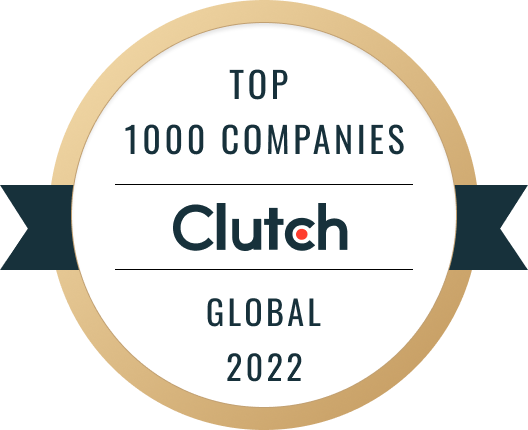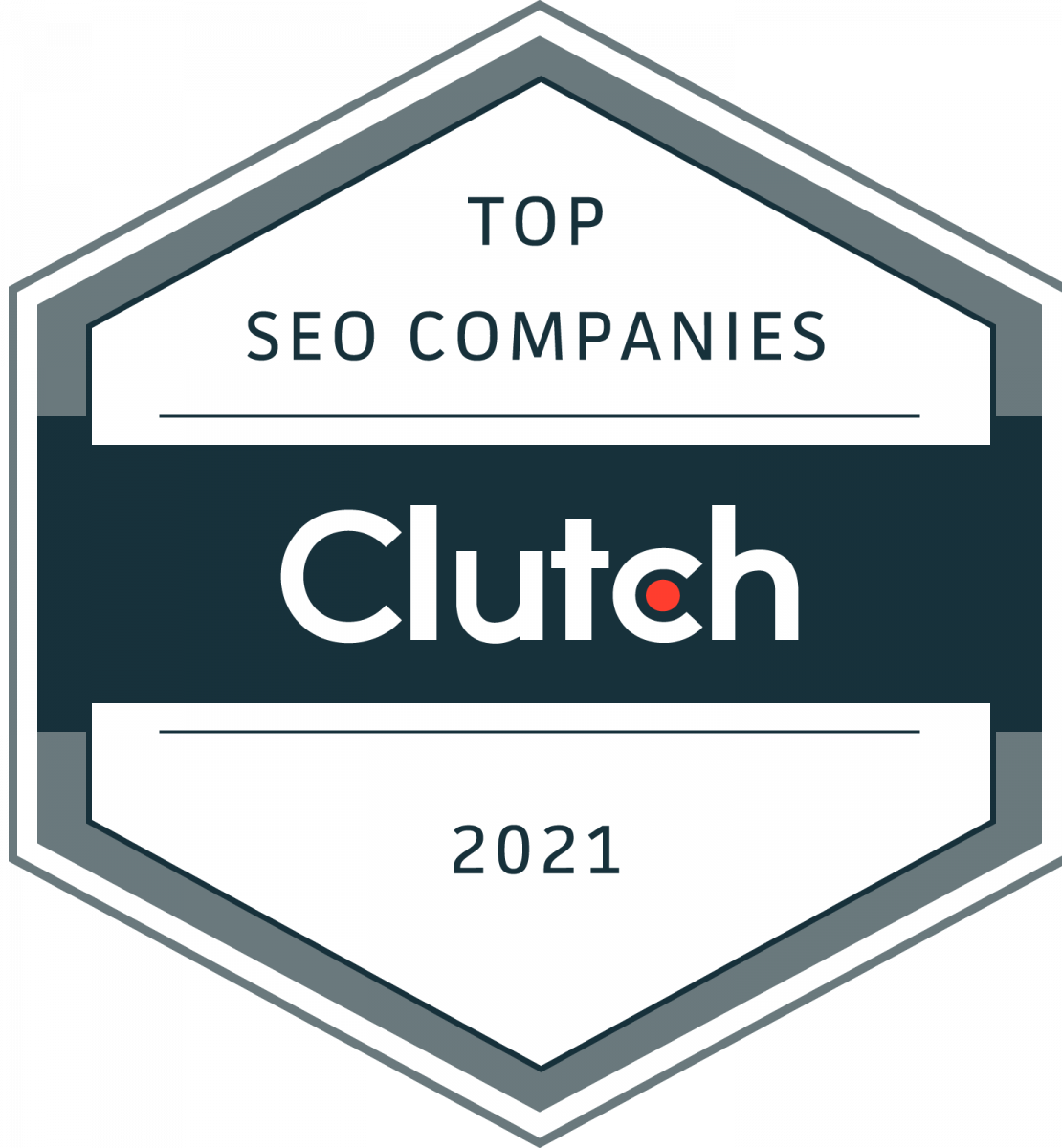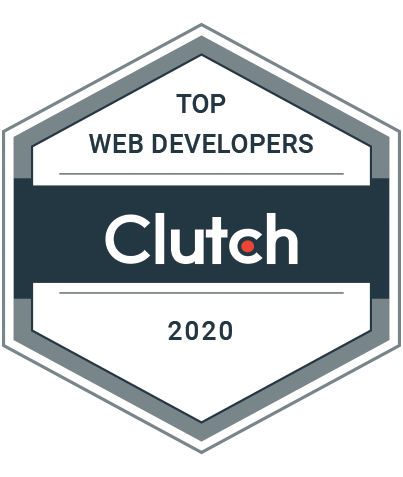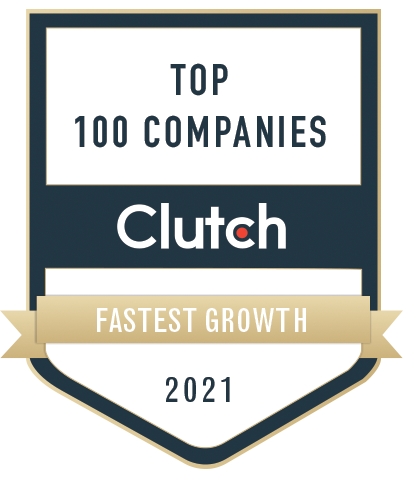The way people search is changing fast. Tools like ChatGPT, Google Gemini, and Perplexity AI are becoming go-to sources for instant, conversational answers, and when they cite your brand, it’s like landing the #1 spot on a new kind of search results page. For companies like oyova, this shift represents a new competitive edge.
Unlike traditional search engine rankings, AI citations put your brand front and center in the answers people actually read. This guide will show you how to make your content irresistible to AI search models so you can earn citations, grow brand authority, and appear in more AI-generated results.
Understanding the Landscape: AI vs. Traditional Search Visibility
Search engine optimization (SEO) has long focused on rankings, backlinks, and traffic from Google or Bing. But AI-powered search models change the game entirely:
- Traditional SEO delivers a list of blue links that users choose what to click.
- Generative AI search delivers synthesized answers, often citing only a handful of sources.
Key Terms to Know
- AEO (Answer Engine Optimization) — Structuring content so it’s easy for AI to extract and cite.
- GEO (Generative Engine Optimization) — Optimizing for visibility inside AI-generated answers.
- E-E-A-T – Experience, Expertise, Authoritativeness, Trustworthiness — Why this matters: If AI tools choose your content as a source, you bypass traditional ranking competition.
What AI Engines Look For and How to Deliver It
Trust & Authority

AI models prefer content from sources that demonstrate expertise and credibility. That means publishing articles reviewed by subject matter experts, adding author bios, and citing reputable sources, whether you’re discussing topics like Google Analytics offline conversions or explaining what routing is in web development.
Structured Formatting
Well-structured content is easier for AI to parse. Use clear headings, bullet points, and schema markup like Article, FAQPage, and HowTo. If your content covers technical topics such as what a route is in web development or advanced HTML5 features, structure becomes even more critical.
Depth & Relevance
AI favors comprehensive answers. Instead of short posts, aim for in-depth guides that fully address the user’s intent. This could mean detailed tutorials on Shopify setup or explaining how to exclude Shopify products from discount in an ecommerce context.
Real-World Mentions
AI engines are trained on multiple data types and not just web pages. Brand mentions in news articles, podcasts, videos with transcripts, or industry reports can increase your citation chances.
Framework: How to Get Cited by AI – 6 Key Strategies
1. Publish Thoughtful, Authoritative Content
Focus on evergreen, reference-worthy content. Instead of ‘Best Social Media Tips,’ create research-backed guides with expert quotes and proprietary data. For example, Oyova’s guides on lean ecommerce and lean ecom showcase in-depth, niche expertise.
2. Structure for AI (AEO)
Break down topics into clear sections with keyword-rich headings. Use FAQs to answer common questions concisely and apply schema markup to clarify context for AI parsing.
Implement GEO Principles
Build topical authority by covering related subtopics, linking internally, and maintaining consistent branding. This approach works for both technical queries, like lean ecommerce, and creative topics like branding.
4. Focus on Semantic Richness and E-E-A-T
Fully cover the query intent while including definitions, examples, and statistics. Follow Google’s E-E-A-T framework so AI recognizes your authority.
5. Earn Mentions (Not Just Backlinks)
Get featured on industry roundups, podcasts (with transcripts), and news outlets. Even content like Google Ads verification documents guides can earn citations if mentioned in reputable sources.
6. Monitor and Iterate
Search your brand name in ChatGPT, Perplexity, and Gemini to see if you’re cited. Track high-performing content and replicate its structure in future pieces.
Example: Earned Media That Makes AI Notice
If you’re quoted in a Forbes article or featured in a webinar that’s transcribed, those mentions can become part of AI model training data, increasing citation chances.
Start Optimizing for AI

Being cited by AI models is a powerful new avenue for visibility. By creating authoritative content, structuring it for AI, and building real-world mentions, you position your brand to appear in high-trust AI-generated answers.
Ready to optimize for AI citations? Contact Oyova.
FAQs
Yes, AI models value authority and structure over size. A small brand with high-quality niche content can outperform bigger competitors.
Schema acts like a content label for AI and search engines, improving understanding and retrieval.
Use tools like perplexity.ai, monitor AI-generated answers manually, or set up Google Alerts for your brand name.
Our Awards













